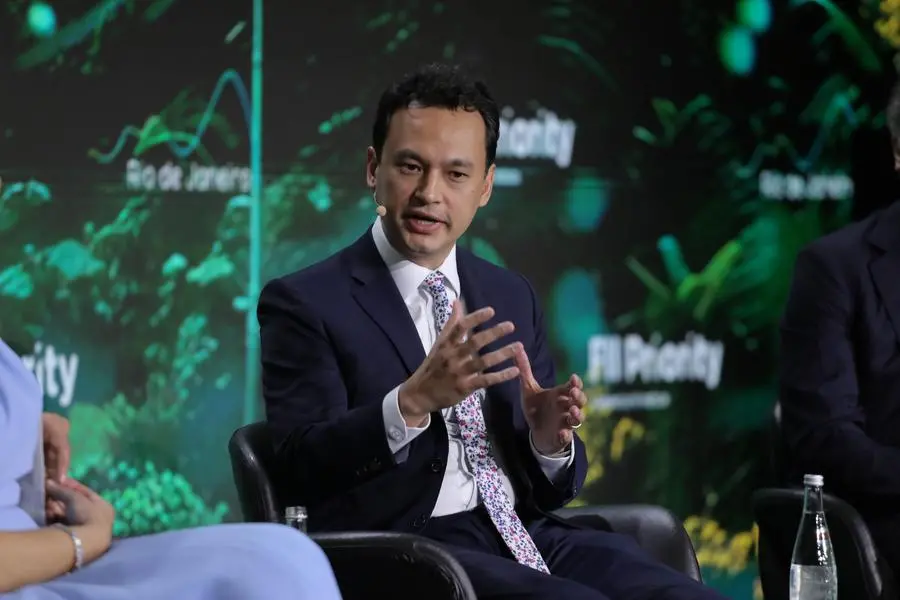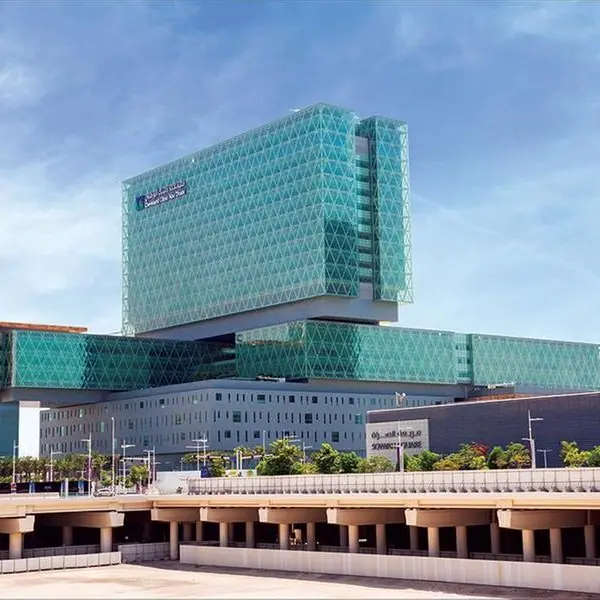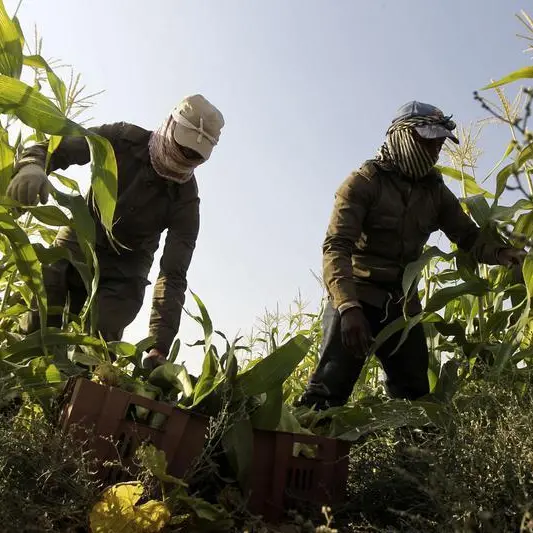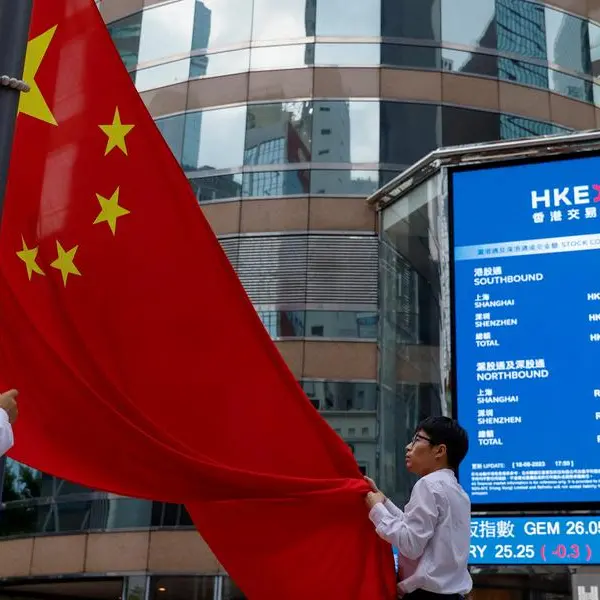PHOTO
Leonardo Yamamoto, Executive Director of Mubadala Capital Brazil, participated in a session titled ‘Can new financing models accelerate global decarbonisation?’ on the last day of the FII Priority Summit Rio de Janeiro. The event, happening for the first time in Latin America, gathers global officials and business leaders from various sectors and discusses issues under the theme “Invest in Dignity.”
Upon being asked if decarbonisation projects are profitable, Yamamoto said that the only way to allocate capital and scale needed to fight climate change is through financial viability. “We see incentives, tax breaks, and subsidies. They work, and they help new technologies get through the breaking point. But ultimately, if there is not a substance in the end, if there is not a long-term vision that it will be profitable, we see very little capital flowing through,” stressed the Executive Director.
As an example, Leandro Yamamoto mentioned a fully integrated biorefinery being developed in the Northeast of Brazil by Mubadala Capital. "So that's one of the projects we spent more than ten years developing because we had to find the right location, technology, and partners. But now, we are at a point where we truly believe we can have a molecule at the end of the day that is renewable, that even captures carbon in the process of growing the trees. And it's cost-competitive".
According to Yamamoto, the biorefinery provides enough returns that justify “not only us, as Mubadala, but all our partners, our financiers, the local government and federal government to back us up, because we could find that equation.”
The Executive Director of Mubadala Capital Brazil further declared that, as the example of the biorefinery, many others that can be developed. “The moment you have that, the moment you can combine technology, efficiency, and supply chain, you can really unlock substantial capital, and you can drive the change. So, I believe that is the light of the future for us.”
Yamamoto added that new energy sources can be developed, solar and wind farms as well, which makes a difference according to him. “But that is not enough. As a world, we are consuming more energy than we are able to bring up with renewables”, he emphasised.





















